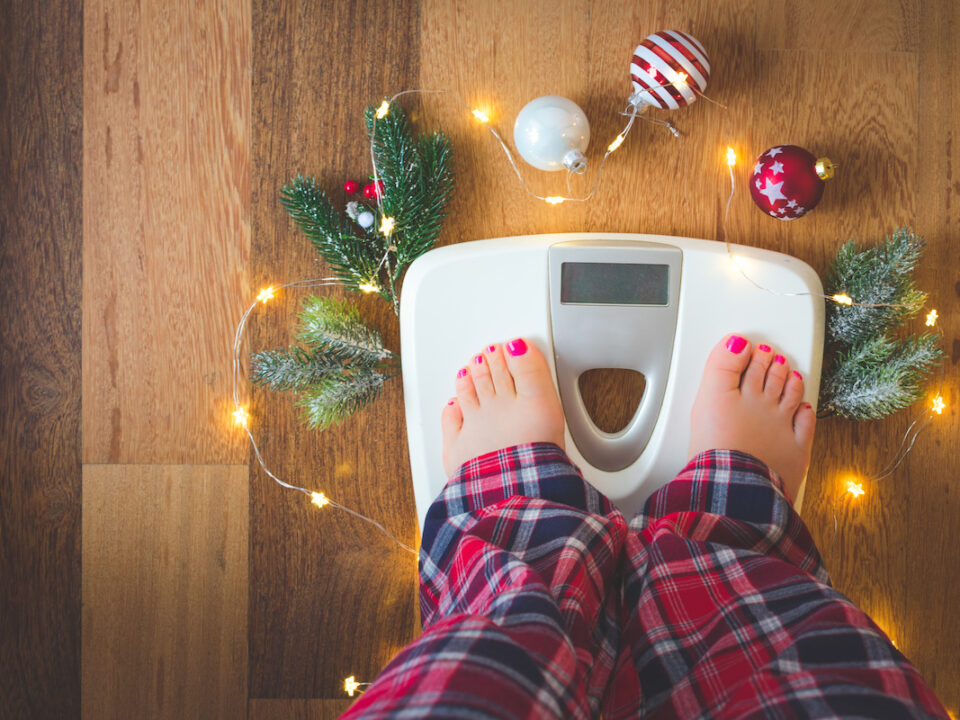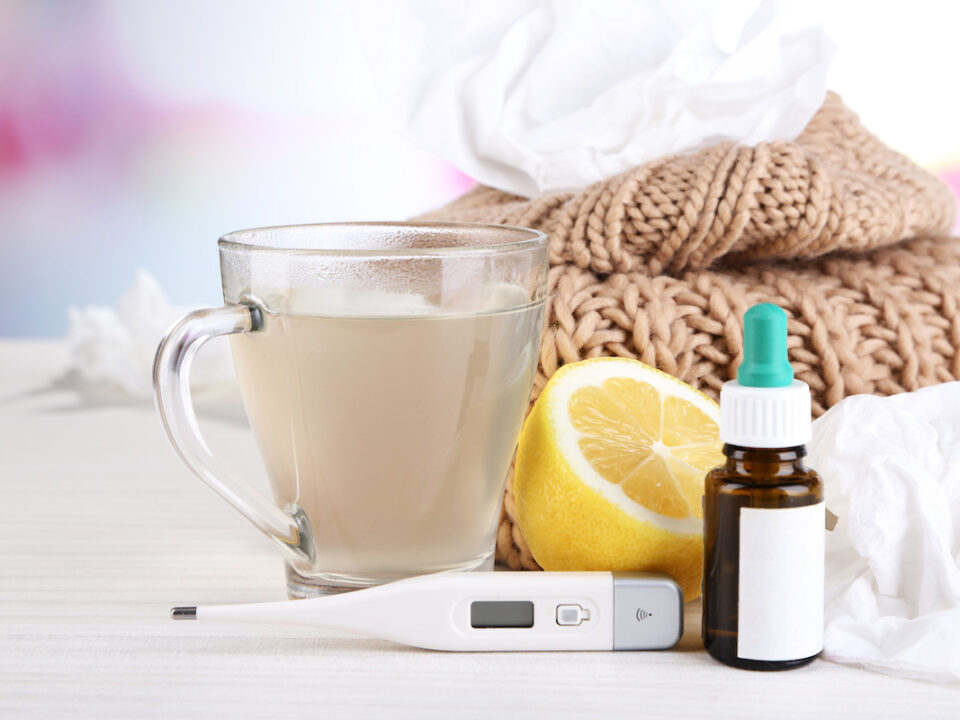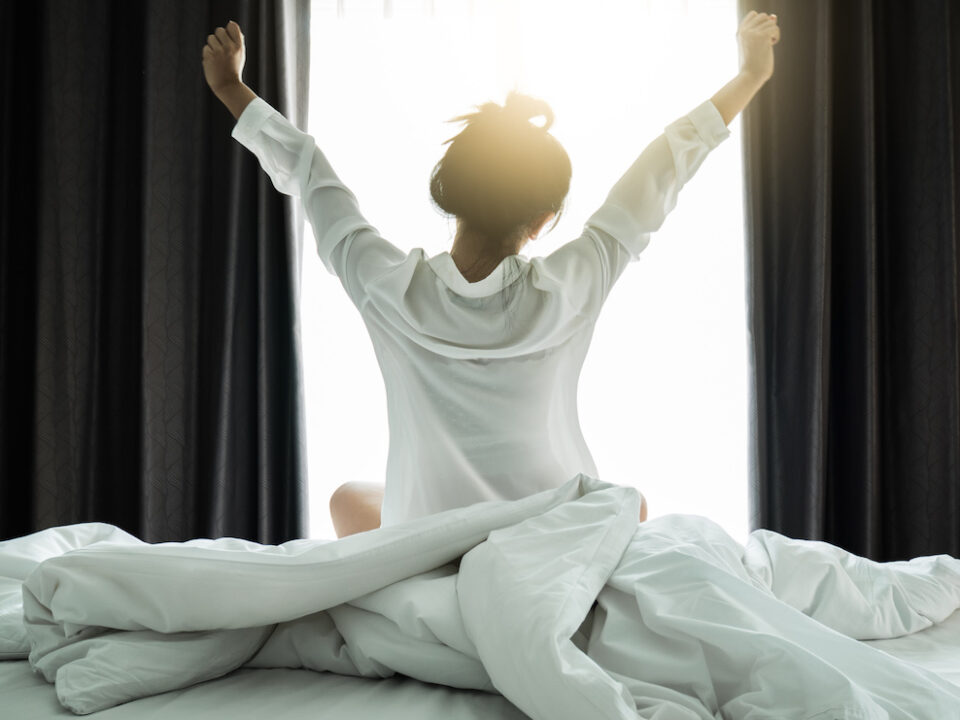What is Sleep Apnea
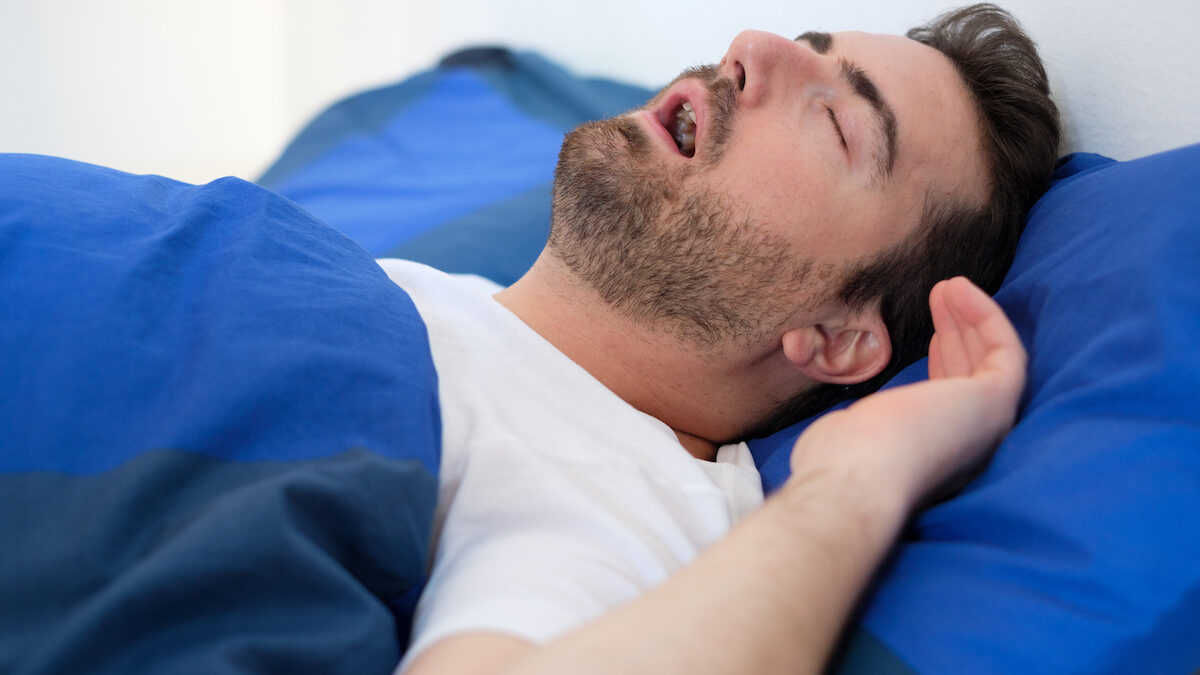
What is sleep apnea? Sleep apnea is a condition in which the patient experiences frequent pauses in breathing while sleeping. Many times, the patient is unaware that this is happening. This constant interruption in breathing can lead to serious health problems if left untreated. Fortunately, it is relatively easy to diagnose and also treat.
If you think you might have sleep apnea, read on and consider your symptoms. It won’t replace a visit to your doctor. But this will help you recognize some of the red flags that indicate you might have this condition. Read on for more information about sleep apnea and its effects on your overall health.
What is Sleep Apnea?
Sleep apnea is when a person stops breathing for at least 10 seconds or more at a time within a 5-hour period during your sleep. This can happen between 5 and 30+ times during a 1-hour period. There are three primary types of sleep apnea: obstructive sleep apnea and central sleep apnea.
- Mild Obstructive sleep apnea means that you stop breathing between 5 and 15 times per hour.
- Severe sleep apnea means that you have more than 30 breathing pauses per hour.
- Moderate Obstructive Sleep Apnea means that you have between 15 and 30 pauses per hour.
Sleep apnea is a serious condition and can be very dangerous. It has been linked to an increased risk of cardiovascular disease and an overall shorter life expectancy. Sleep apnea (in combination with heart disease) is responsible for roughly 38,000 deaths per year in the United States.
For these reasons, if you suspect that you suffer from sleep apnea, it is important to get it diagnosed and treated as soon as possible.
What Causes Sleep Apnea?
Sleep apnea is believed to be caused by a combination of factors. This is including:
- Genetics
- Extra weight
- A weak jaw, tongue or throat (known as the pharynx)
When you have sleep apnea, the muscles in your pharynx don’t always relax enough during sleep. This can cause the airways to narrow and close, blocking airflow and causing you to wake up. You then reopen the airways upon awakening to resume breathing.
The effects of sleep apnea aren’t just limited to an interrupted sleep cycle, either. It can also lead to problems with mood and cognitive function due to less-feasible and disturbed sleep.
How to Tell if You Have Sleep Apnea
This test isn’t a diagnosis, but it can help you identify possible signs of sleep apnea. This can make it easier to schedule an appointment with your doctor and get diagnosed. For this test, you need someone to help you with the following tasks:
– Checking your breathing as you sleep
– Keeping track of how many times you wake up during the night and how long it takes you to fall asleep again
– Keeping track-record of your energy levels throughout the day.
– If you have someone helping you with this, be sure to give them a heads-up about what to look for in terms-of signs your breathing has been interrupted.
Check for Snoring
One of the most noticeable signs of sleep apnea is snoring. If you notice that you frequently snore while sleeping, this can indicate sleep apnea. You can also ask your partner if you are unsure about whether or not you snore. If you notice that you frequently snore, consider this a sign that you may have sleep apnea. This can be a sign of sleep apnea.
If you want to stop snoring, there are several things that you can do.
- First, you should try to avoid alcohol and nicotine. These substances can cause your throat muscles to relax, which makes it easier for you to snore.
- Next, you should take steps to improve your sleep habits. Try to go to bed at the same time each night and avoid electronic devices for a few hours before bed.
- Finally, make sure that your bedroom is comfortable and conducive to sleep. Ideally, it should be dark and cool. Consider using a humidifier as well.
- If these tips don’t work for you, consider seeing a doctor who may be able to prescribe anti-snoring medication or surgery. It’s never too late to learn how to stop snoring!
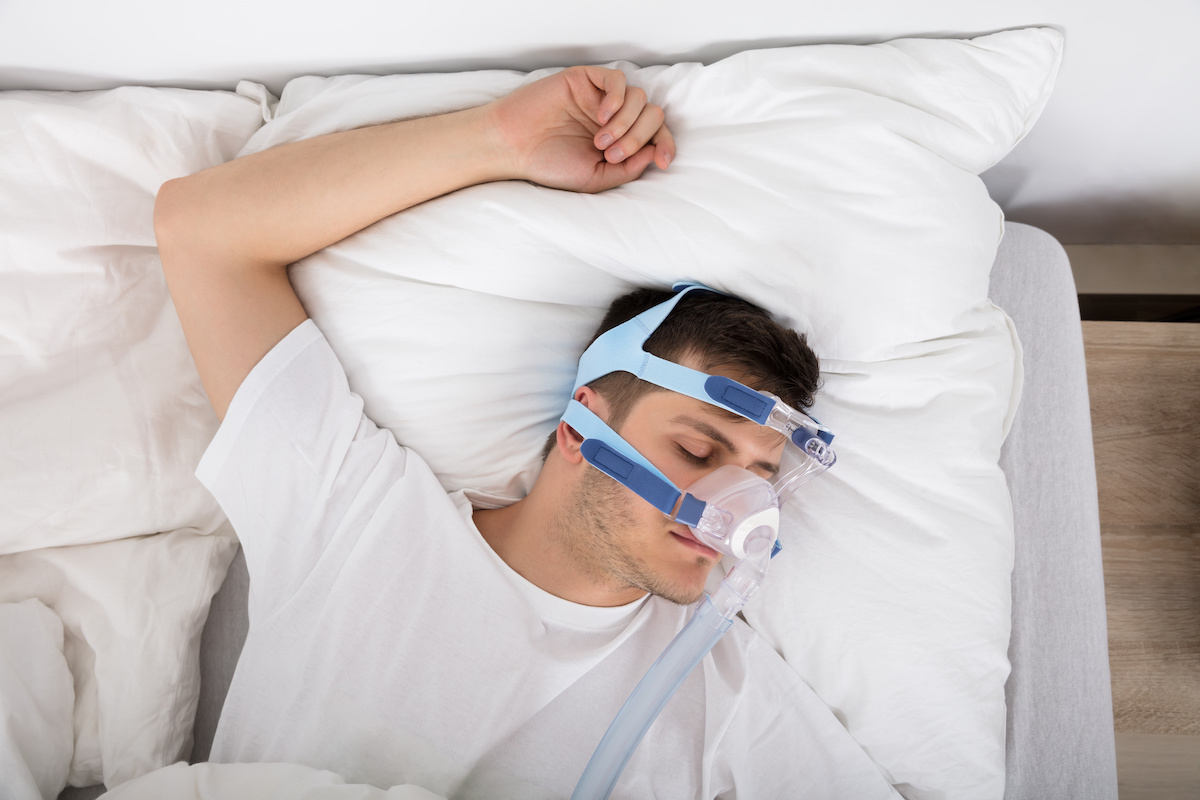
Try ApneaApp
Looking to potentially detect sleep apnea? There’s an app for that.
While this doesn’t replace testing from your doctor, ApneaApp can potentially detect sleep apnea.
ApneaApp is a sleep tracking app that monitors your sleep and detects sleep apnea events. The app will alert you when it detects an apnea event. It also monitors how often you are interrupted during sleep.
Functioning as a sleep monitoring app, ApneaApp tracks your sleep, quantifies the quality of your sleep, and provides helpful information to improve your sleep. The app has a range of helpful features, including:
- Monitoring your sleep patterns
- Providing a relaxation soundtrack
- Offering sleep tips
- And much more
Check For Tiredness and Lack of Energy
Not only is sleep apnea linked to an interrupted sleep cycle, but it can also cause a person to feel tired and fatigued throughout their daily activities. It can also cause you to feel irritable throughout the day and have a hard time concentrating on your tasks.
If you notice that you are constantly tired and fatigued during the day, and yet you have no physical reason for feeling that way, this could be a sign of sleep apnea.
Can You Die from Sleep Apnea?
Is it possible to die from sleep apnea? If you don’t get treatment, you can die from sleep apnea.
The most common cause of death from sleep apnea is cardiac arrest. Sleep apnea causes your blood pressure to spike, and you can experience a cardiac arrest if your blood pressure gets too high. Sleep apnea can also cause you to fall into a deeper sleep and make you more difficult to wake up.
If you’re in this deeper, non-responsive sleep and stop breathing, you might not be able to be woken up, and you might experience a respiratory arrest. Another risk of sleep apnea is that it can cause you to have high levels of carbon dioxide in your blood. If you have sleep apnea and your blood CO2 levels are too high, you run the risk of experiencing a hypercapnic arrest.
How do You Treat Sleep Apnea?
Sleep apnea can be treated with CPAP (Continuous Positive Airway Pressure) machines or other appliances, surgery, or changing your diet and exercise habits. Most doctors will recommend CPAP therapy to their patients, as it is the most effective treatment for this disorder.
CPAP machines deliver a stream of pressurized air through a curved tube, which fits over your nose. This air stream helps to keep the airway open and allows you to sleep more comfortably and soundly.
Many people with sleep apnea are reluctant to try CPAP treatment due to concerns about comfort and the stigma associated with this treatment. However, it is the most successful treatment option. CPAP machines are available in different styles and sizes, so it’s important to talk with your doctor to find the one that works best for you.
What is Sleep Apnea? Contact Hillandale Primary Care for Help
If you are still asking the question what is sleep apnea, Hillandale Primary Care is here to help.
Sleep apnea can be a serious condition that can lead to an overall shorter life expectancy if left untreated. Fortunately, it is one of the easiest medical conditions to diagnose at home.
If you notice that you frequently snore, have excessive breathing losses, and feel tired and fatigued during the day, you may be suffering from sleep apnea. When you notice these symptoms, consider this a sign that you may have sleep apnea, and schedule an appointment with your doctor.

